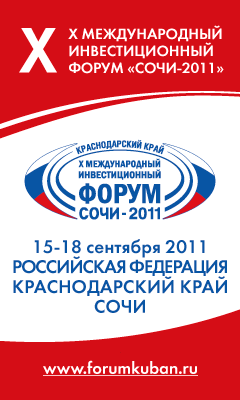Last year, the Burmese elections inspired widespread condemnation of the region. Now, however, the EU has relaxed some of the restrictions that it placed on member of the Burmese government – the first time that the EU has relaxed any measures against Burma since imposing them in 1996.
Lifting Restrictions
These measures, created on Tuesday, stopped the travel and financial restrictions that were placed on four ministers and on 18 vice-ministers in the new government. However, while a few restrictions have been removed, many still remain; the travel ban and asset freeze on the rest of the ministers and the bar on investments in mining, timber and gems have remained.
Offering a reprieve and a new chance to the government, the EU’s Bangkok-based ambassador to Burma, David Lipman, said, “We recognised that there have been changes in the government and we will judge the new government by its actions.”
White House Looking to Burma
These changes occur at the same time that the Obama administration is looking to gain US Senate approval to appoint a special enjoy to Burma. All eyes are on the Pentagon official, Derek Mitchell, taking on this position.
Burma, and the American approach to it, is one of the many bones of contention between the Democrats and Republicans in America. While Hillary Clinton, the secretary of state, has tried to engage more fully with the Burmese authorities, some Republicans in Congress have been calling for tighter sanctions on the region.
Benefit of the Doubt for Burma
At the moment, the EU is definitely giving the Burmese government the benefit of the doubt for the time being. The new measures show a significant step towards trying to work with Burma. One western diplomat recently commented, “The EU has given the new government the benefit of the doubt, but they are looking for movement on political prisoners, human rights and socio-economic reforms that benefit the people on the ground.”


